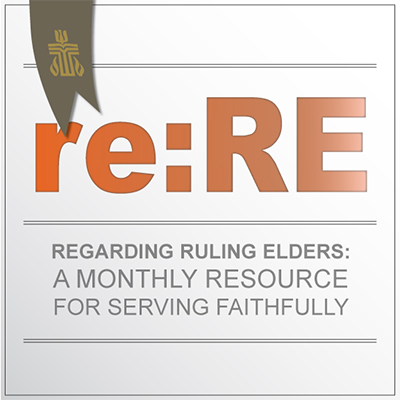
I was privileged to be serving on the faculty of Columbia Theological Seminary when the Rev. Dr. Laura Mendenhall was called to be our ninth president. In her first official meeting with the faculty, she described her leadership style. She explained she sees conflict as something that naturally occurs among people who are thoughtful and passionate. Over the years, she has discovered that when it comes to conflict, her tendency is to lean in. She is intrigued when others disagree with her, and she seeks to better understand the other’s perspective. She leans in, not because she’s trying to convince them to agree with her, but because she is worried she’s missing something, that she is not seeing something they see. In broadening her perspective, she becomes a better leader, a better pastor, and ultimately a more faithful follower of Jesus.
Over the years, I watched her do this. When conflict arose, she approached the person and asked to meet with them on their timeline and in their preferred space. I learned much from her.
Conflict is inevitable. The best leaders do not run away from conflict; rather they accept it and seek to understand and learn from it. Mendenhall was clear about the power imbalance. She was the president, after all. But she brought such humility and a remarkable non-anxious presence to each conflict that people felt heard and respected, even when the result was to “agree to disagree.”
Jesus leaned in. Whether the conflict was with his disciples or the scribes or the Pharisees, he leaned in.
When I am in conflict with another person, I have learned to use the language of “please help me understand” as in “please help me understand how you see this differently” or “please help me understand how I have disappointed you.” To be clear, I do not like conflict. As an Asian American, much of my cultural heritage teaches me to avoid conflict to save face. But being called to lead means we need to be about healthy ways of loving one another in order for the body of Christ to grow and thrive.
In the midst of conflict, leaders lean in.
For Discussion and Reflection:
- A leader who leans in: What do they do? How can you emulate some of that?
- A person with whom you are in conflict: How might you lean in?
- What is God calling you to do and to be in this conflict? How are you praying for this person?
The Rev. Dr. Rodger Nishioka serves as the senior associate pastor and director of adult faith formation at Village Presbyterian Church in Prairie Village, Kansas. Prior to joining the staff at Village Church, he served as a professor of Christian Education at Columbia Theological Seminary in Decatur, Georgia.
This article is the third in a 12-part series focusing on PC(USA) leader formation as a part of the “Year of Leader Formation: Investing in Ruling Elders and Deacons.” Additional resources are available at www.pcusa.org/leader-formation/. Past issues of the articles are available in Equip, the church’s online training site.
No comments:
Post a Comment